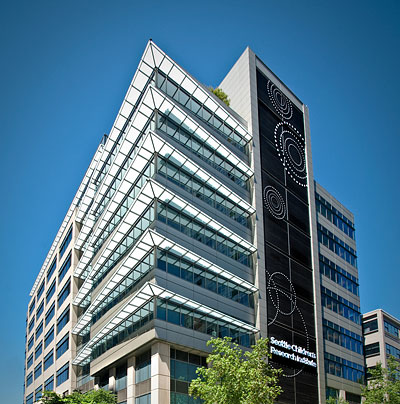The NLRP3 Inflammasome in The Cystic Fibrosis Lung
P.I.: Andrew Graustein
Acting Instructor,
Pulmonary and Critical Care
Cystic fibrosis (CF) is characterized by recurrent pulmonary infection and inflammation that leads to progressive decline in lung function. Identifying which immune responses are beneficial versus pathologic is critical for the development of treatment strategies. The NLRP3 inflammasome responds to intracellular stress conditions, including those caused by Pseudomonas aeruginosa in the CF lung, by producing a caspase-1-mediated inflammatory response. In mice with CF, while NLRP3 helps to clear infection, the NLRP3-mediated inflammatory response is dysregulated and leads to lung pathology. We propose to study the relationship between NLRP3 and CF in humans. For Aim 1, we will use a molecular approach by generating gene knockouts of NLRP3, CFTR, or the combination of both in macrophage cell lines and induced pluripotent stem cells. We hypothesize that the absence of CFTR will exacerbate NLRP3-mediated inflammation and that the absence of NLRP3 will limit Pseudomonas-induced inflammation. For Aim 2, we will use a genetic approach and screen a local healthy cohort for NRLP3 genetic variants that are associated with gene expression or NRLP3-mediated inflammatory responses. We will examine genetic variants from a cohort of children with CF for association with rate of lung function decline or time to colonization with P. aeruginosa. We hypothesize that variants in the NLRP3 gene region will alter NRLP3 activation and that these variants will influence CF-related outcomes. The proposed studies will improve our mechanistic insight into pathologic inflammation in the CF lung and will provide evidence for the targeting of host directed therapeutics in patients with CF.

